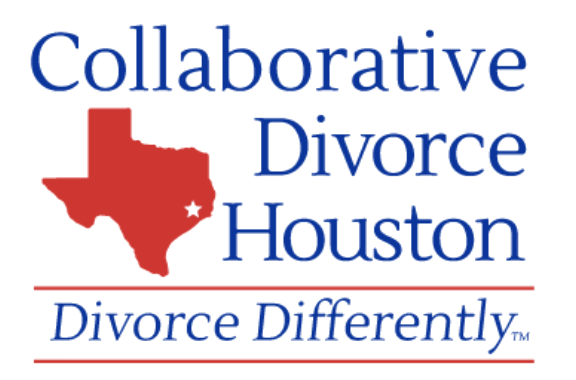Neutral Mental Health Professional
Collaborative divorce is a constructive and amicable way to dissolve a marriage, and a mental health professional plays a crucial role in this process. These are the qualities and characteristics that make a mental health professional an invaluable asset in collaborative divorce.
- Empathy and Compassion
A great collaborative divorce mental health professional is empathetic and compassionate. They understand that the divorce process is emotionally charged and challenging. They offer emotional support and guidance to help couples navigate their feelings and communicate effectively during a difficult time.
- Strong Communication Skills
Clear and effective communication is the cornerstone of a successful collaborative divorce. A skilled mental health professional can facilitate conversations between the divorcing parties and their attorneys, helping to maintain open and constructive dialogue. They act as a mediator, ensuring that everyone’s concerns are heard and understood.
- Conflict Resolution Expertise
Collaborative divorce aims to avoid adversarial litigation, but that doesn’t mean conflicts won’t arise. A competent mental health professional is adept at conflict resolution, helping couples find common ground and reach mutually agreeable solutions. They can offer strategies and tools to manage disagreements in a productive manner.
- Knowledge of Child Psychology
If children are involved in the divorce, it’s essential to have a mental health professional who understands child psychology. They can provide insight into the emotional needs of the children, ensuring that their well-being is a top priority in the divorce process.
- Neutrality
Maintaining neutrality is paramount in collaborative divorce. A mental health professional must not take sides but instead facilitate a balanced and fair process. They help divorcing couples make decisions that benefit both parties and any children involved.
- Commitment to Ongoing Training
The field of collaborative divorce is constantly evolving, and a great mental health professional is committed to staying updated on the latest research and best practices. They continue their education to provide the best support and guidance to their clients.
- The Process is Yours
A good mental health professional is culturally sensitive and respects the diverse backgrounds and values of the individuals involved. This ensures that the process is inclusive and respectful of all parties.
- Confidentiality
Confidentiality is crucial in collaborative divorce. Clients must trust that their personal information and discussions will remain private. A mental health professional must uphold strict confidentiality standards.
- Patience and Resilience
Collaborative divorce can have ups and downs. A mental health professional needs to remain patient and resilient, offering consistent support to the divorcing couple throughout their journey. - Commitment to the Collaborative Process
Lastly, a great mental health professional is deeply committed to the collaborative process. They believe in its principles and are dedicated to helping couples achieve an amicable and mutually beneficial divorce.
